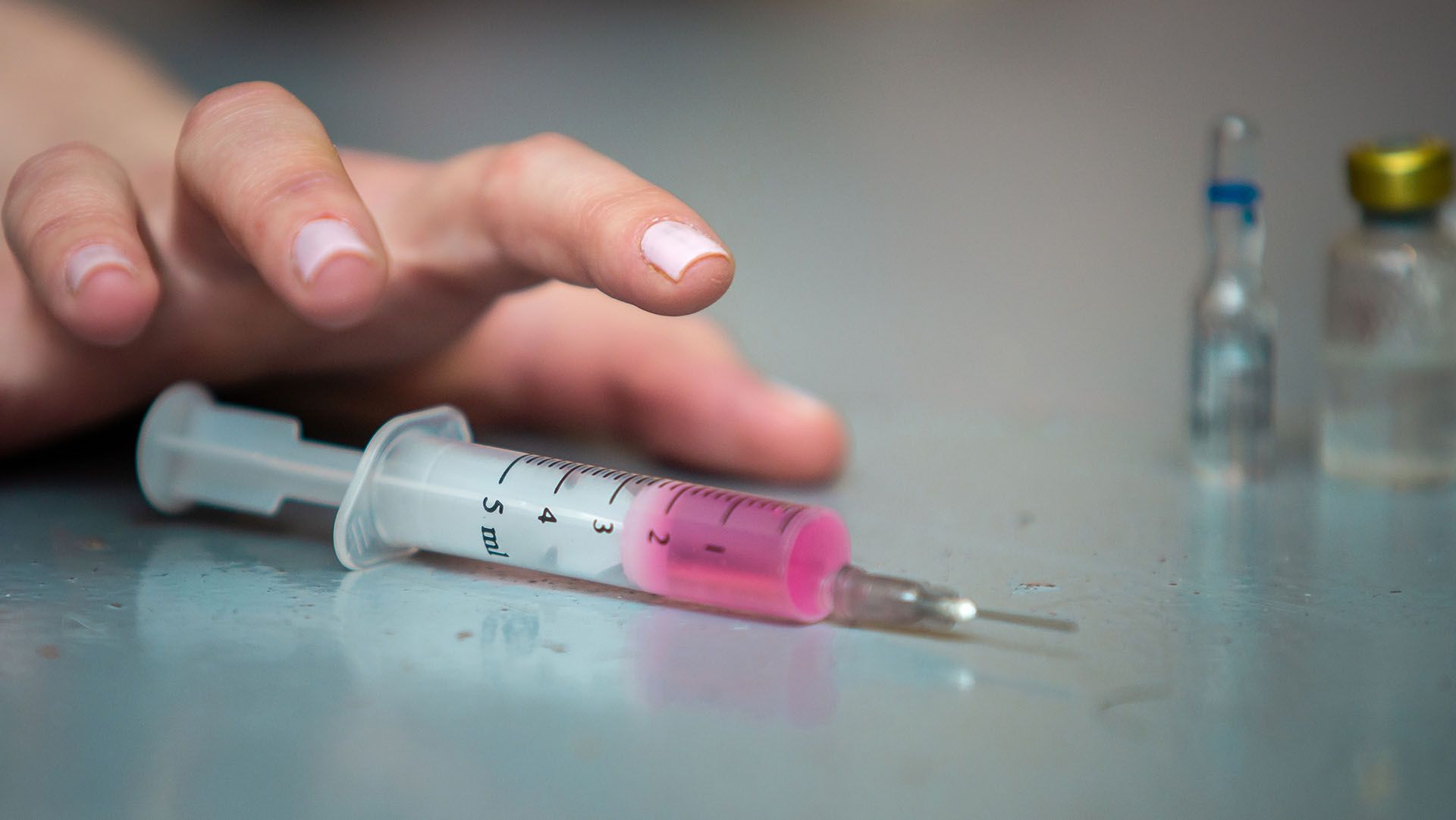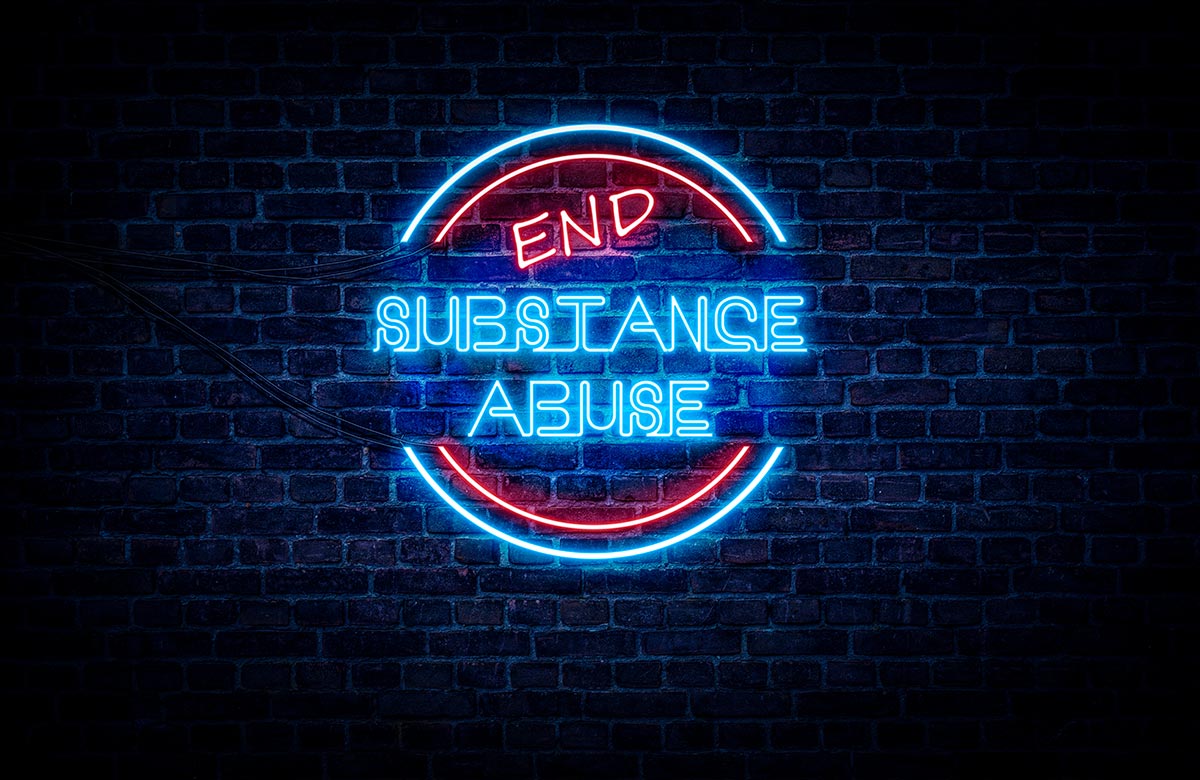Interventions as a Tool for Overcoming Drug Addiction
The runaway popularity of A&E’s show Intervention has left many people who love an addict with a renewed sense of hope. After all, the thinking goes, if an intervention can work for the addicts on television, it should work for the addicts in our own lives, right? When done correctly, interventions boast incredibly high success rates, even for addicts who have severe addictive disorders. If you’re desperate to get the addict you love into a drug rehab program, an intervention could be the first step on the journey toward overcoming drug addiction.
What is an Intervention?
An intervention in and of itself won’t end the process of overcoming drug addiction. Instead, an intervention uses the power of peer pressure for good. By asking the addict to consider how his or her choices affect loved ones and offering easy access to treatment, an intervention gently pushes an addict toward recovery, without forcing the issue.
An intervention serves as an important moment in time, and as a line of demarcation to guide the behavior of the people who love the addict most.
When is an Intervention Appropriate?
An intervention is often a good idea, and the more resistant an addict is to treatment, the more effective an intervention can become. Interventions work best when:
- The addict’s family agrees about the need for treatment and understands that addiction is a disease, not a personal failing.
- Everyone attending the intervention is willing to stick to their guns and emphasize the need for treatment.
- The family can help pay for treatment and has a program already picked out.
- Leaving for treatment immediately is unlikely to interfere with the addict’s ability to live his or her life by, for example, causing trouble with the addict’s career.
Which Drug Rehab Program is Right for My Loved One?
In an ideal world, addicts are able to select the drug rehab program best suited to their needs. Indeed, it’s a bad idea to send an addict to a program without asking lots of questions. But the truth is that addicts aren’t exactly known for their ability to make good choices. Left to their own devices, some addicts simply choose the cheapest or shortest program. Others select a program that they think will make it easy to sneak in drugs or alcohol.
One of the reasons an intervention is so effective is that, in most cases, the addict leaves the intervention and goes straight to treatment. For this reason, it’s important to choose a drug treatment center that’s well-suited to the addict’s needs. Consider the following issues:
- How well the treatment facility can respect your loved one’s values. An openly gay person might feel uncomfortable at a conservative Christian center, for instance.
- The facility’s track record with treating addicts who face issues similar to those faced by your loved one.
- Whether the facility is equipped to treat co-occurring issues, such as a history of abuse or mental illness.
- What lifestyle and career skills training initiatives the program offers, and whether these are appropriate for your loved one; a lawyer may be uninterested in basic resume development, while a college student might not enjoy a program tailored to executives.
- How involved family can be in treatment.
- How long treatment lasts.
- How much treatment costs, and whether the addict, his or her insurance, or his or her family are able to cover this expense.
- Whether the program is accredited by the Joint Commission.
How to Perform an Intervention
An intervention is a lot more than just sitting around and pleading with your loved one to seek treatment. Indeed, the most effective interventions require days—and sometimes weeks or months—of planning. They must follow a specific program to maximize their effectiveness. To get the most out of the planning process, consider hiring a trained interventionist. Not only will the interventionist make sure you do things correctly; the presence of an authoritative stranger can encourage an otherwise hostile or reluctant addict to stay and listen to what yo have to say. Many rehab centers offer their own interventionists at little or no cost, but you can also find an interventionist at the Association of Intervention Specialists.
The intervention should be a surprise since few addicts are willing to attend an intervention they know about. Ensure the space you’ve selected is private and safe, with no weapons or guns visible or accessible. If there’s a place you know the addict feels comfortable, such as a parent’s house or a favorite nook at the park, that location could be ideal. Make sure also that the addict has plenty of time since the pressure to get to work or show up for an appointment can cut the intervention short, and create stress that makes the addict even less willing to stick around. Then decide how you plan to get the addict to attend the intervention.
Consider planning a date with one member of the intervention team, or asking the addict to come to a family event. Don’t tell the addict he or she is coming to something incredibly exciting, such as the unveiling of a new car or a chance to see a long-lost relative, since the disappointment of this lie can make the addict hostile.
The intervention should begin with the group’s leader, ideally the interventionist, explaining that this is an intervention designed to help the addict on his or her path toward overcoming drug addiction. The intervention begins with each member of the group sharing how the addict’s addiction has affected him or her. For instance, a child might share that she no longer gets to spend time with her father. In most cases, the process begins with the least-close member of the group, ending with the person the group deems most likely to be effective because of their closeness to the addict—usually a child or spouse.
Next, each member of the group shares what he or she plans to do if the addict does not seek treatment. A spouse might say she’s going to move out with the kids, while a parent might declare his plan to stop supporting his child if she doesn’t agree to a drug rehab program. After everyone has laid out clear boundaries, the group tells the addict about the rehab program they’d like him or her to go to, then plead with him or her to go.
Then comes the hard part: if the addict consents to treatment, it’s time to get moving before he or she changes their mind. But if the addict won’t accept treatment, each member of the group must stick to their guns, setting the boundaries they’ve outlined. The goal here is to make it more uncomfortable to avoid treatment than it is to finally quit drugs or alcohol. For this reason, only people who are fully committed to the addict’s recovery, who have the willpower to follow up with their threats, should participate in the intervention. It can feel hard to stick to these boundaries, but doing so often is the final push an addict needs to get into treatment. Equally important is the fact that this approach frees loved ones from a constant stream of guilt over the addict’s struggles since it empowers them to begin taking care of themselves again.
Don’t be surprised if the addict becomes angry, or even storms out of the intervention. It’s hard to accept you have an addiction, and even harder to realize how that addiction has affected your loved ones. With a bit of compassion and a little luck, the addict may return before you know it.
What if the Intervention Doesn’t Work?
Even the best interventions can’t work every time. Some addicts simply aren’t ready to seek help. This doesn’t mean you have to give up, but it does mean you absolutely must stick to the boundaries you’ve outlined—otherwise the intervention will be little more than a waste of money.
Sometimes it takes a few days for the intervention to settle in and affect the addict. In other cases, the addict simply has to hit rock bottom on his or her own time. Your job is to show love and compassion to the addict, but to avoid taking any steps that might enable her since doing so can quickly dissuade her from overcoming drug addiction. Addictions work, but they require patience and a willingness to stick to your guns. Stick with it and you may be surprised by how quickly you see results.
Contact Addiction Rehab Centres Canada today!
Further Reading:
How to Perform an Intervention: A Step by Step Guide
The Joint Commission
Locate a Professional Interventionist
Interventions for Alcohol Abuse







